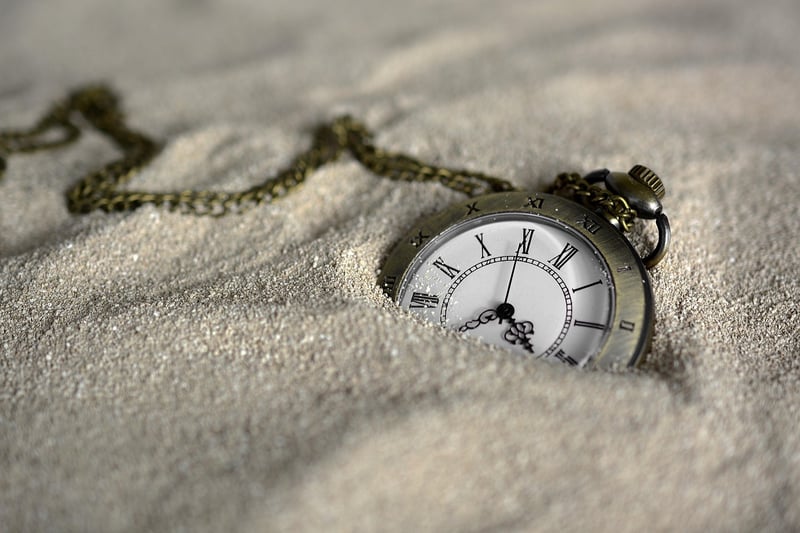Time Authority Guidelines
The Laws Governing Time Travel and Time Authority Guidelines
Introduction
Time travel has long been a subject of fascination, but what if it were possible? While it remains a concept largely confined to science fiction, the idea of time travel raises intriguing questions about the laws that would govern such a phenomenon. In this article, we explore the hypothetical laws that might regulate time travel and the guidelines set forth by the Time Authority.
Laws of Time Travel
While the laws governing time travel are purely speculative, one can imagine a set of regulations that would need to be in place to prevent chaos and paradoxes. Some proposed laws might include:
- Non-interference principle: Travelers must not interfere with past events to avoid altering the course of history.
- Causality preservation: Actions taken while time traveling must not create paradoxes or contradictions.
- Temporal jurisdiction: Each timeline may have its own set of laws, and travelers must adhere to them.
Time Authority Guidelines
The Time Authority, a hypothetical organization responsible for overseeing time travel, would likely establish guidelines to regulate the practice. These guidelines could include:
- Registration requirement: Time travelers must register their trips with the Time Authority to track their movements.
- Temporal technology restriction: Only authorized devices may be used for time travel to prevent unauthorized access.
- Historical preservation: Travelers must not tamper with historical artifacts or events.
Conclusion
While time travel remains a fantastical notion, contemplating the laws and guidelines that might govern it provides insight into the complexities such a capability would entail. Theoretical discussions about time travel offer a glimpse into the potential challenges and responsibilities that would come with such a profound ability.

For more information on time travel and related topics, visit the Time Travel Wikipedia page.
